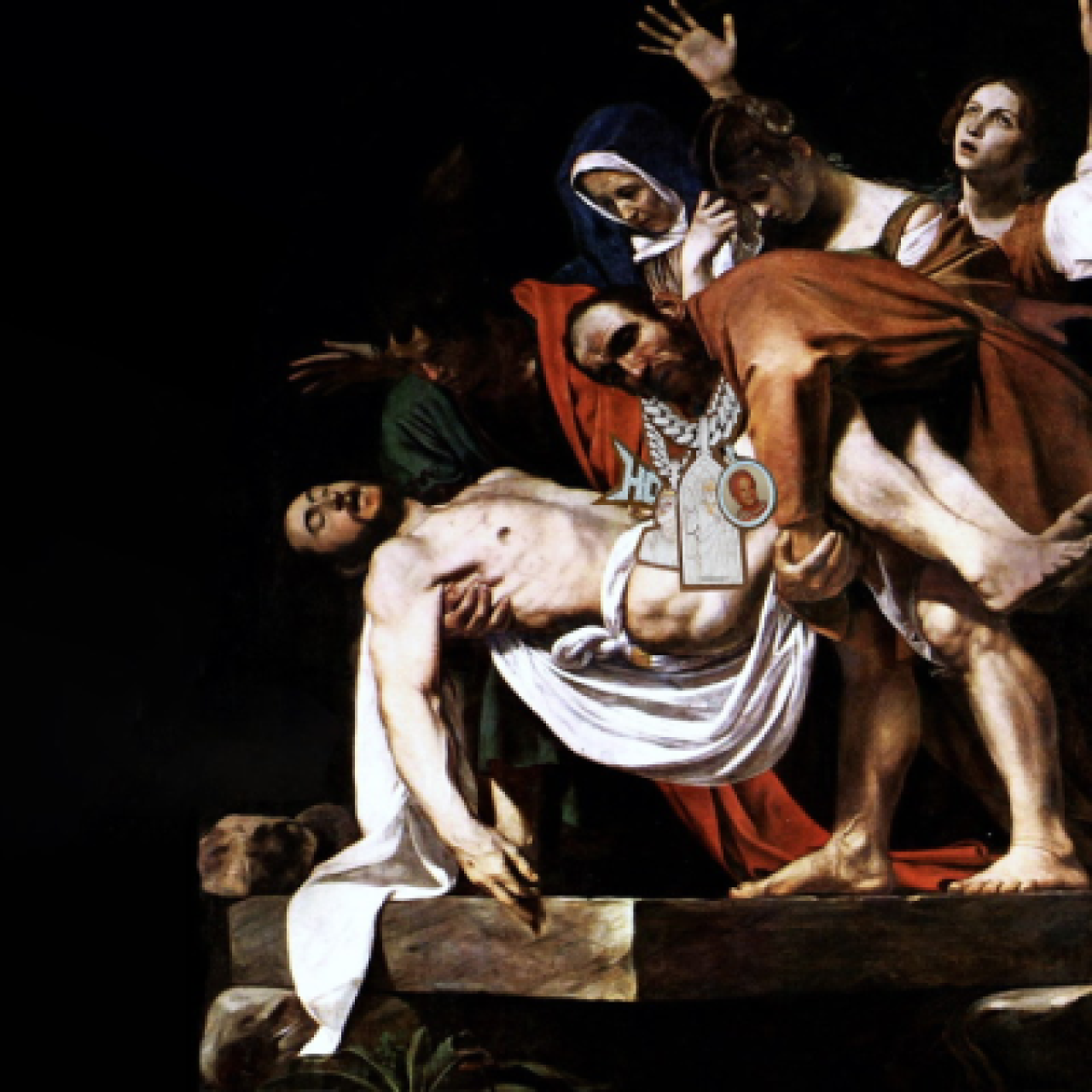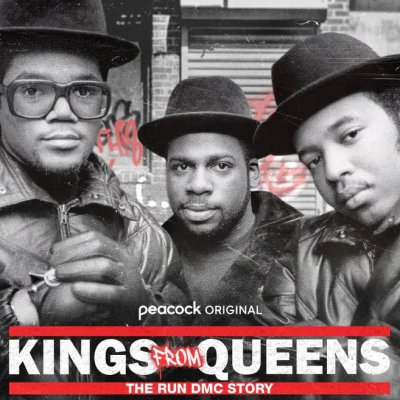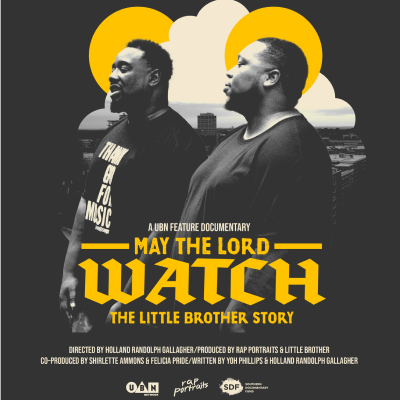And Then You Pray for Me is positioned as a sequel to 2020’s Pray for Paris, which marked a high point for modern rap’s high-fashion pretensions. Unfortunately, times have changed since the glory years of Virgil Abloh (RIP) and Ye. Westside Gunn is very aware of a decline in fervor surrounding his Griselda brand. He complains on “Babylon Bis,” “It seems like everybody hate West lately.” He invites AA Rashid and Keisha Plum to pointedly remind us that this is a genius at work. The former proclaims on “Flygod Did, “You are now listening to an audible, finely crafted garment.” Stove God Cooks is less subtle as he harmonizes on “House of Glory,” “Broke nigga, why you mad?” At least Griselda still has Daupe! customers. Part of the reason why folks have grown weary of his products is that, after dozens of mixtapes and albums, nearly all modeled after the grimy new golden era template he unveiled with 2016’s Flygod, he seems to have little new to say. Lyrically, Westside remains the type of dude that catcalls on “Chloe,” “C’mere, bitch! Let me change your life!” A subsequent confession that “You’re the prettiest when I nut on you bitch” illustrates a worldview that feels quite narrow despite his well-chronicled lust for Rick Owens shoes and Balenciaga coats. And Then You Pray for Me makes a more convincing argument for Westside Gunn’s compositional abilities. By toggling between “drumless” boom-bap and the kind of punch-drunk trap beats that once flourished on DatPiff, he retains his ability to surprise the listener as DJ Holiday, Trap-a-Holics, and DJ Drama help suffuse the album in mid-Aughts Southern thug nostalgia. (“Return of the boom-bap with two million on the wrist!” yells Drama on “Suicide in Selfridges.”) The machinations are enough to sustain another hour of Griselda street heroics, and a handful of legitimate dazzlers like “Kitchen Lights” stand out. The lengthy guest list includes Travis Scott, JID (who delivers a strong verse on “Mamas Prime Time”), Giggs, Ty Dolla $ign, Rick Ross, EST Gee, Denzel Curry, and Boldy James. Longtime fam Benny the Butcher and Conway the Machine, and Griselda artists Estee Nack and Rome Streetz drop in as well. In a nice touch, Westside Gunn turns over the closing title track to rising rap singer KayCyy. The production team includes Daringer, Conductor Williams, Tay Keith, Miguel the Plug and, in a high-profile appearance, the RZA on “House of Glory.” And Then You Pray for Me is distributed by EMPIRE.
Humthrush.com will always be free to read and enjoy. If you like my work, leave a tip at Ko-fi.com/humthrush.


